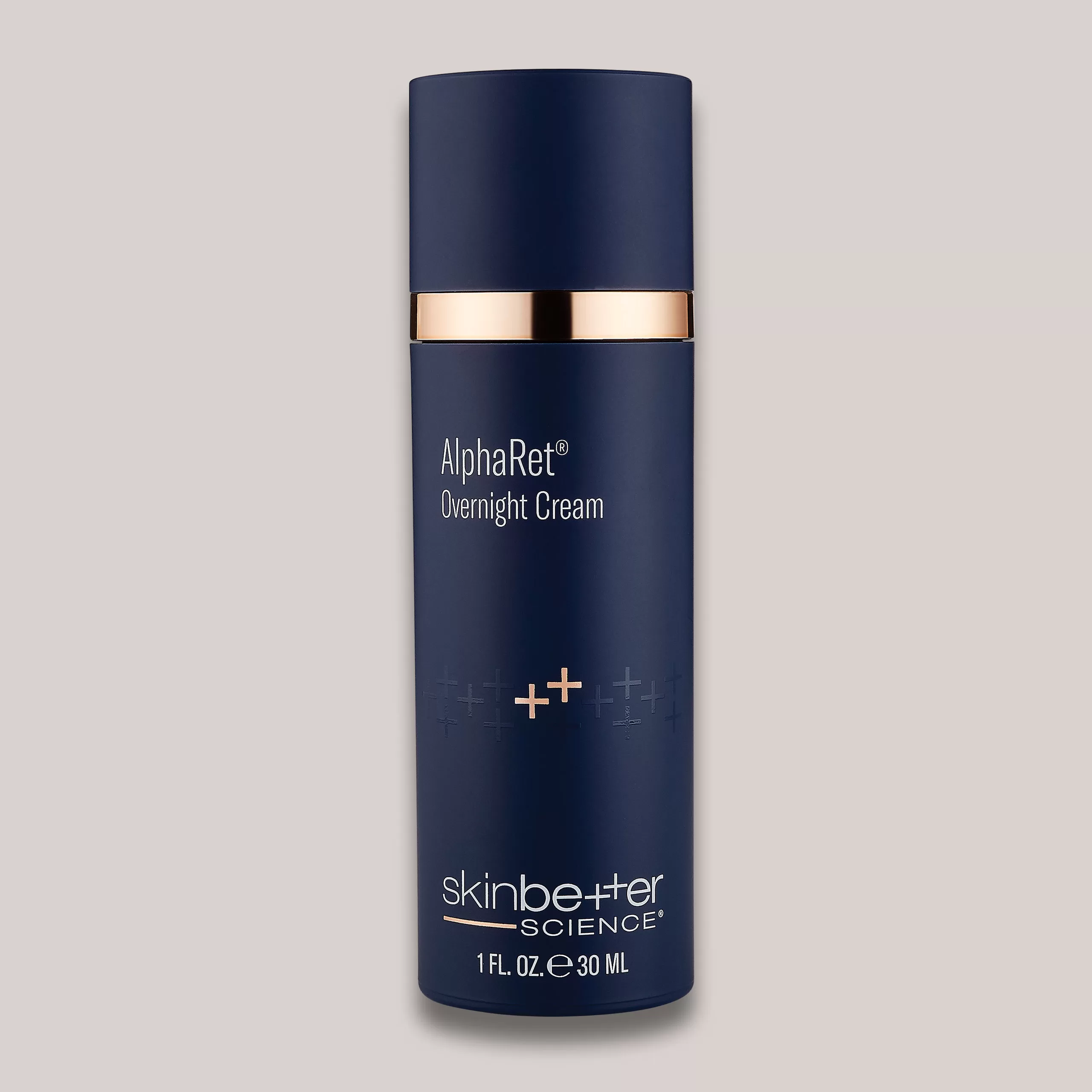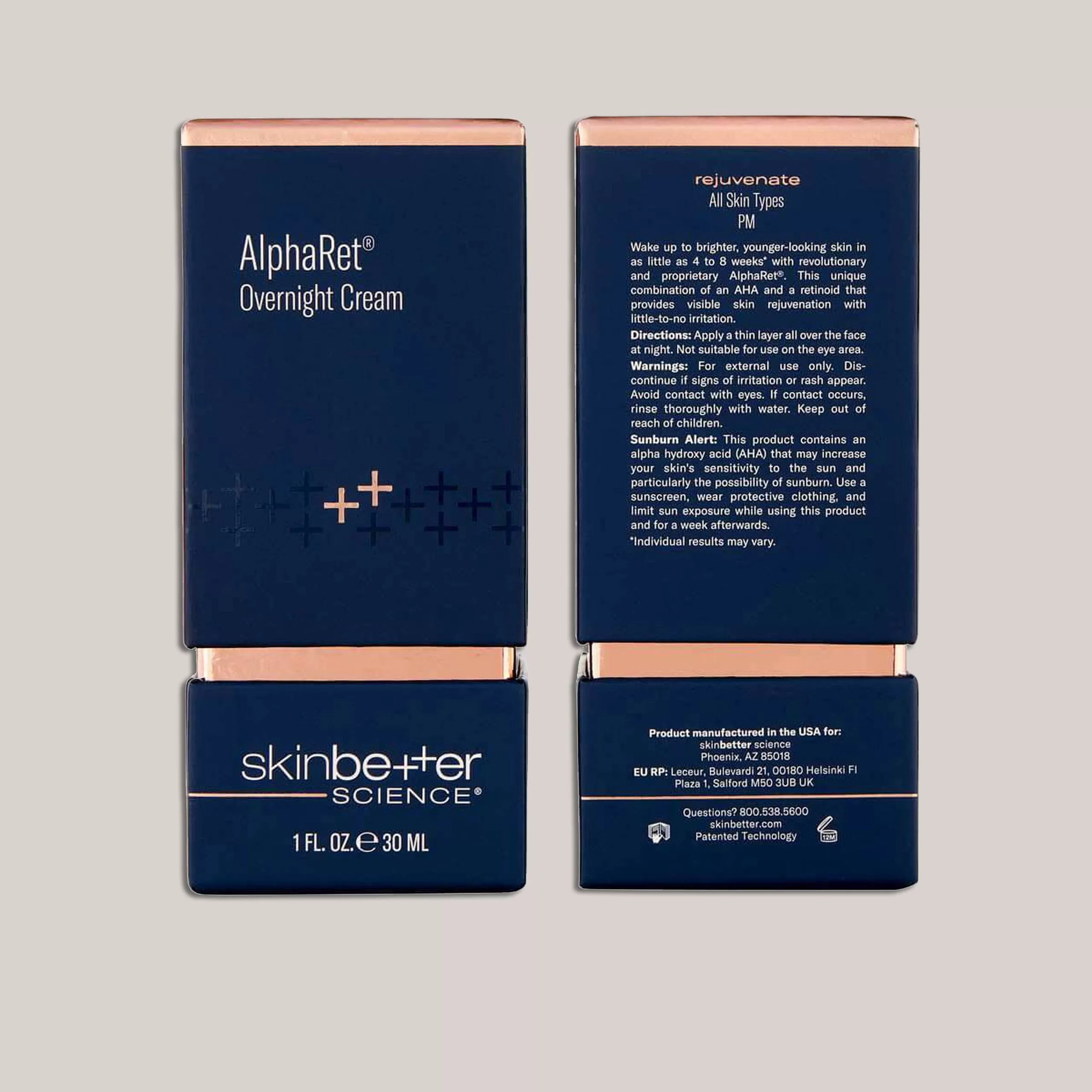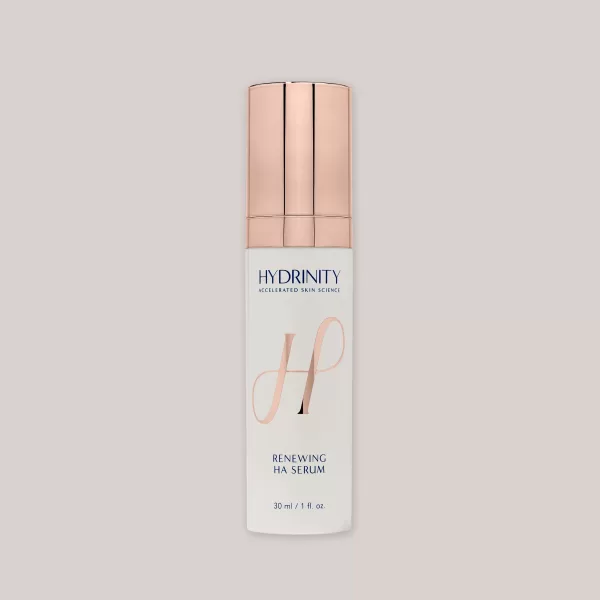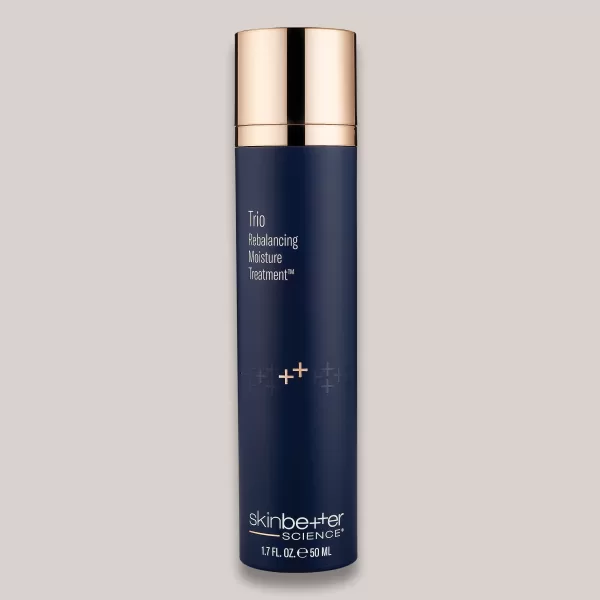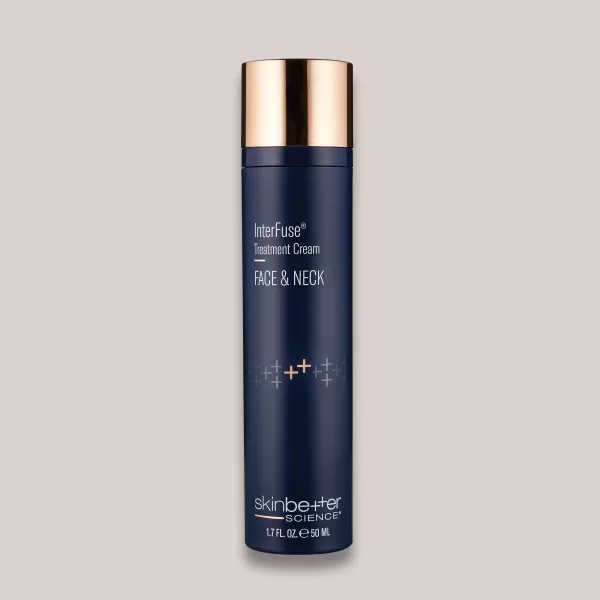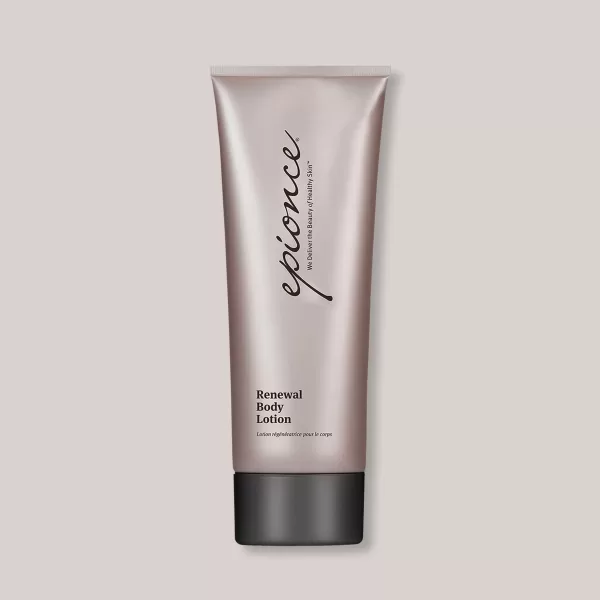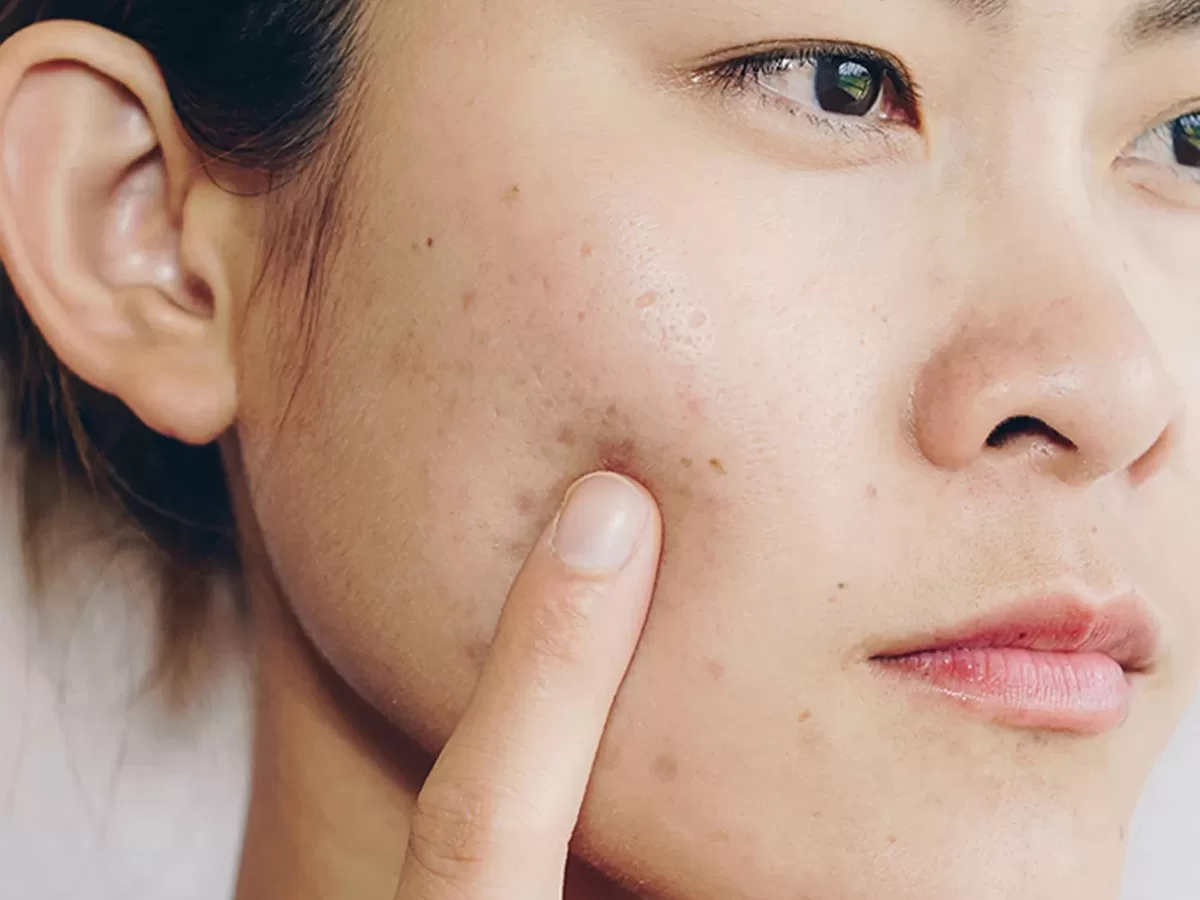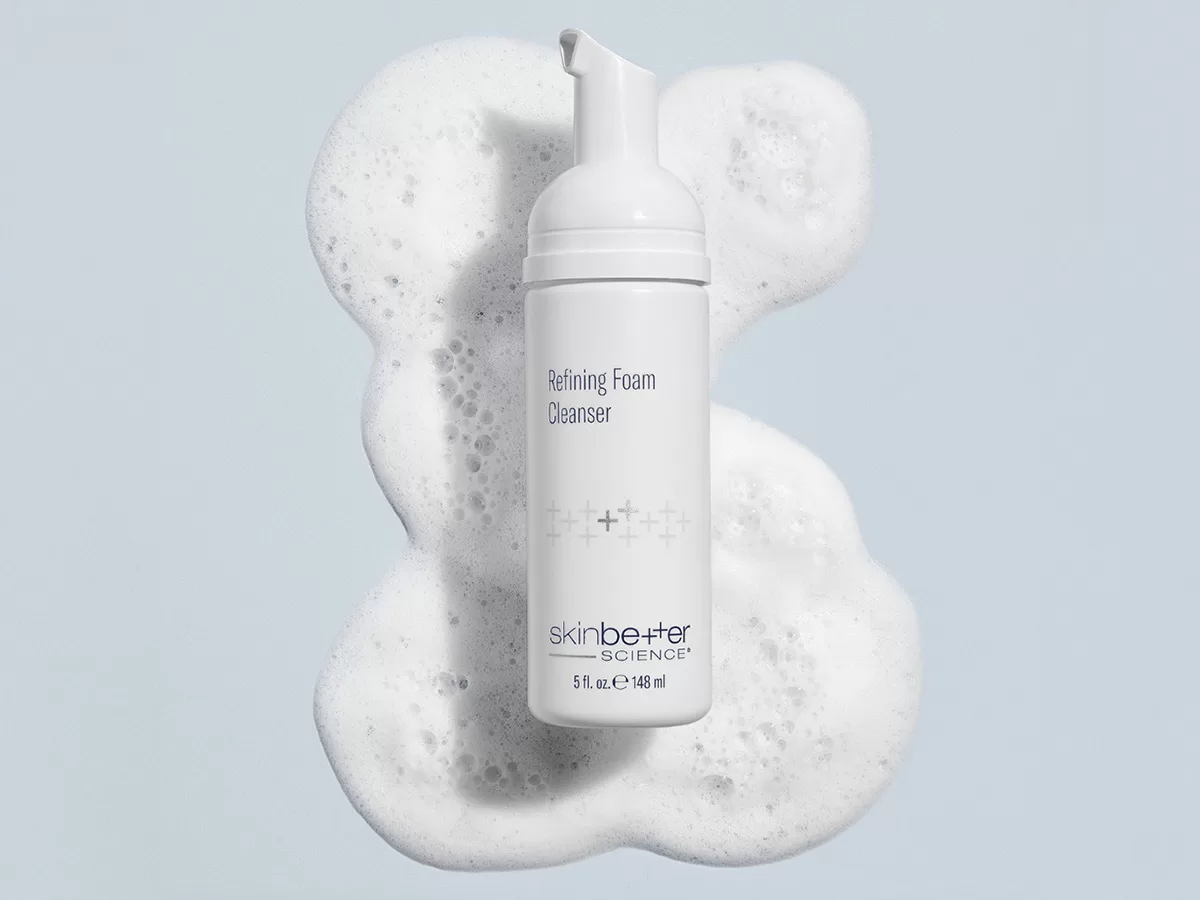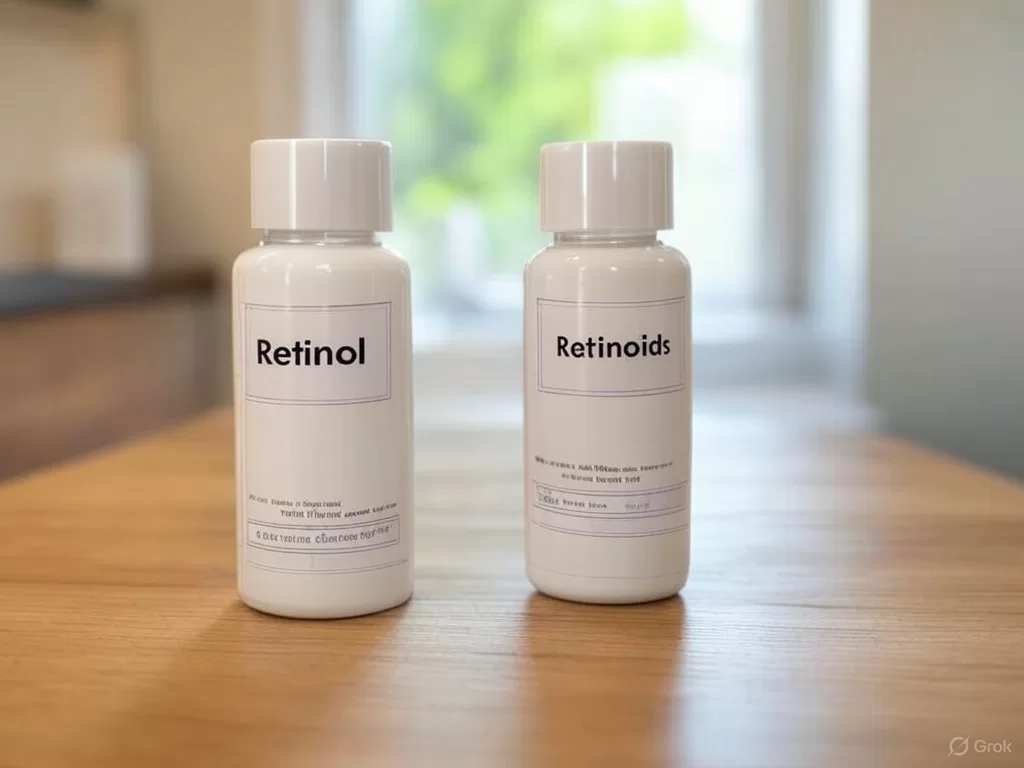AlphaRet Overnight Cream, 30 ml
$145.00
AlphaRet Overnight Cream is designed to rejuvenate the skin through a unique combination of a retinoid and alpha hydroxy acid (AHA), specifically lactic acid. This formulation aims to deliver visible improvements in skin texture, tone, and the appearance of fine lines and wrinkles.
Product Overview
AlphaRet® Overnight Cream, 30 ml is a high-performance night cream that helps visibly improve fine lines, wrinkles, uneven tone, and rough texture—all while maintaining skin comfort. This dermatologist-recommended formula features AlphaRet® Technology, a patented blend of a retinoid and alpha hydroxy acid (AHA) that promotes gentle skin renewal with minimal irritation.
Key Features
- ✔ Combines retinoid with the gentle exfoliation of lactic acid to enhance skin texture and tone overnight.
- ✔ Ultra-hydrating blend of ceramides, squalane, niacinamide, and hyaluronic acid.
- ✔ Absorbs easily into the skin, providing nourishment and comfort without a greasy residue.
- ✔ Gentle on sensitive skin while offering defense against environmental stressors.
- ✔ Contains two gold standard skin rejuvenation ingredients, retinoid and AHA.
Ideal for all skin types, including sensitive and dry skin, this overnight treatment includes hydrating and soothing ingredients like niacinamide, squalane, and allantoin to support the skin barrier and minimize redness or dryness. It works while you sleep to deliver smoother, firmer, more radiant-looking skin—without the downtime.
Perfect for those seeking retinol-like results without the harsh side effects, AlphaRet Overnight Cream is an essential part of any anti-aging skincare routine.
Additional information
| Size | 1.0 fl oz / 30 ml |
|---|---|
| Brand | skinbetter science® |
| Manufacturer | L'Oréal Dermatological |
| Features | Cruelty-free, Dermatologist-tested, Dye-free, Fragrance-free, Non-comedogenic, Paraben-free |
| Benefit | Anti-aging, Antioxidant Defense, Collagen Boosting, For Dry Skin, Intense Hydration, Renewal, Tone |
| Application Area | Face |
| Product Form | Cream |
| Container Type | Bottle |
| Finish | Hydrating |
| Period After Opening (PAO) | 12M |
| Face Treatment Type | Night |
| Skin Care Concern | Dullness + Texture, Fine Lines and Wrinkles, Sun Damage, Uneven Skin Tone, Wrinkles |
| Skin Type | Combination, Dry Skin, Mature, Normal, Oily |
AlphaRet Overnight Cream is a dermatologist-recommended solution that combines a retinoid with alpha hydroxy acid (AHA) to visibly reduce wrinkles and improve skin tone and texture—all while supporting hydration. Designed for nightly use, it provides powerful results with minimal irritation.
-
✔
Reduces the appearance of fine lines and wrinkles while you sleep -
✔
Enhances skin tone and texture with continued use -
✔
Leaves skin smoother and more radiant by morning
-
✔
Combines a retinoid with lactic acid for gentle yet effective resurfacing -
✔
Provides the benefits of traditional retinoids with less irritation -
✔
Improves skin renewal while maintaining hydration balance
-
✔
Infused with squalane and niacinamide to support the skin barrier -
✔
Helps calm redness and reduce dryness or flaking -
✔
Ideal for normal to dry skin types, including those new to retinoids
Whether you’re new to retinoids or seeking a gentle but high-performance option, AlphaRet Overnight Cream delivers visible improvements in wrinkles, tone, and skin smoothness—all without the harsh side effects typically associated with retinoid use.
To get the best results from AlphaRet Overnight Cream, follow this simple nighttime routine. Use consistently, and your skin will thank you with visible transformation.
Cleanse and fully dry your skin before use to minimize sensitivity.
Apply a thin layer to the entire face—avoiding the eye area and broken skin.
Apply in the evening as part of your skincare regimen. Do not use on the same night as exfoliating products or treatments.
Daily SPF is essential, as retinoids increase skin sensitivity to sun exposure.
Consistency is key—apply AlphaRet nightly and protect your skin with sunscreen during the day. With regular use, expect smoother texture, fewer lines, and a healthier-looking glow.
Aqua/Water, Sodium Glycolate, Glycolic Acid, Cetearyl Olivate, Pentylene Glycol, Cyclopentasiloxane, Isohexadecane, Sorbitan Olivate, Tetrahexyldecyl Ascorbate, Glycerin, Ceresin, Glycol Palmitate, Butylene Glycol, Niacinamide, Squalane, Methyl Gluceth-20, Ethyl Lactyl Retinoate, Palmitoyl Tripeptide-1, Palmitoyl Tetrapeptide-7, Ceramide NP, Hyaluronic Acid, Ubiquinone, Tocopherol, Bisabolol, Tocopheryl Acetate, Superoxide Dismutase, Butyrospermum Parkii (Shea) Butter, Allantoin Glycyrrhetinic Acid, Sodium PCA, Panthenol, Camellia Sinensis Leaf Extract, Portulaca Oleracea Extract, Linoleic Acid, Cholesterol, Linolenic Acid, Magnesium Aluminum Silicate, Dimethyl Isosorbide, Dimethicone, Glyceryl Stearate, PEG-100 Stearate, Steareth-2, Hydroxyethylcellulose, Acacia Senegal Gum, Xanthan Gum, Hydrated Silica, Carbomer, Polysorbate 20, Disodium EDTA, Ethylhexylglycerin, Phenoxyethanol, Titanium Dioxide (CI 77891).
Frequently Asked Questions
What is AlphaRet Overnight Cream used for?
AlphaRet Overnight Cream is a nighttime treatment designed to improve the appearance of fine lines, wrinkles, uneven tone, and texture. It combines a retinoid and alpha hydroxy acid (AHA) in SkinBetter’s patented AlphaRet technology for effective skin rejuvenation.
How does AlphaRet Overnight Cream work?
AlphaRet Overnight Cream uses SkinBetter’s AlphaRet technology, which combines a retinoid with an AHA to promote skin cell turnover, improve texture, and reduce the signs of aging while minimizing irritation typically associated with retinol products.
Is AlphaRet as Effective as Tretinoin?
AlphaRet is an effective retinoid-based product, but it’s formulated to be gentler than prescription-strength tretinoin, while still delivering noticeable results in reducing fine lines, wrinkles, and improving skin texture. While AlphaRet may not be as potent as tretinoin, it offers significant anti-aging benefits with less irritation, making it suitable for a wider range of skin types, especially those with sensitive skin.
Is AlphaRet Overnight Cream suitable for sensitive skin?
Yes, it is formulated to be gentle while still providing powerful anti-aging benefits. Start with every other night to allow your skin to adjust and minimize irritation.
Can I use AlphaRet Overnight Cream every night?
For best results, start by using it every other night and gradually increase to nightly use as your skin builds tolerance.
Does AlphaRet Overnight Cream help with dark spots?
Yes, its formula targets uneven skin tone and discoloration, helping to reduce the appearance of dark spots over time.
Can I use AlphaRet Overnight Cream with other SkinBetter products?
Yes, it pairs well with other SkinBetter products, such as Alto Advanced Defense Serum and Trio Rebalancing Moisture Treatment, for a complete skincare regimen.
Do I need to wear sunscreen while using AlphaRet Overnight Cream?
Yes, since the product contains a retinoid and AHA, it increases sun sensitivity. Always use a broad-spectrum sunscreen during the day to protect your skin.
How Long Does It Take for AlphaRet to Work?
Visible improvements with AlphaRet Overnight Cream can usually be seen within 4 to 8 weeks of regular use. However, full results, including smoother skin texture, reduced fine lines, and improved tone, typically become more noticeable with continued use over a few months.
Is AlphaRet Medical-Grade?
Yes, AlphaRet Overnight Cream is considered a medical-grade skincare product. It contains a proprietary blend of retinoid and alpha hydroxy acid (AHA) designed to deliver clinical-level results in improving the appearance of fine lines, wrinkles, and overall skin texture while minimizing irritation commonly associated with retinoids.
How long does it take to see results with AlphaRet Overnight Cream?
Many users notice smoother skin and improved texture within 4 weeks, with more visible reductions in fine lines and discoloration after 8 to 12 weeks of consistent use.
How long does a bottle of AlphaRet Overnight Cream last?
A 30 ml bottle typically lasts about 8 to 10 weeks with regular nightly use.
You may also like…
-
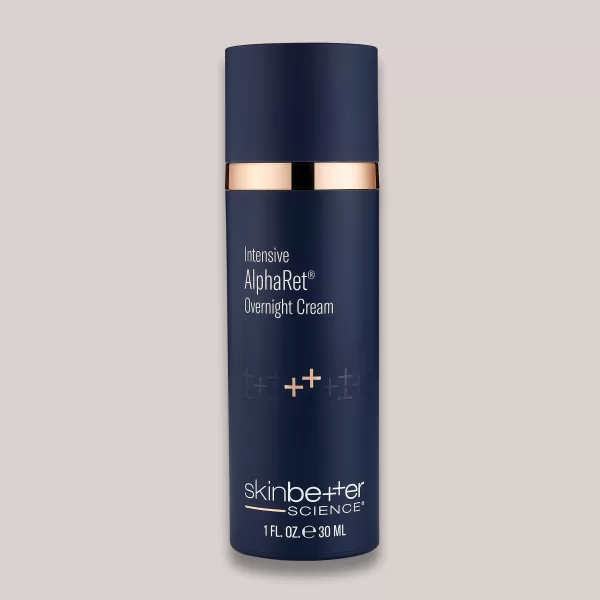
Intensive AlphaRet Overnight Cream, 30 ml
$145.00 -
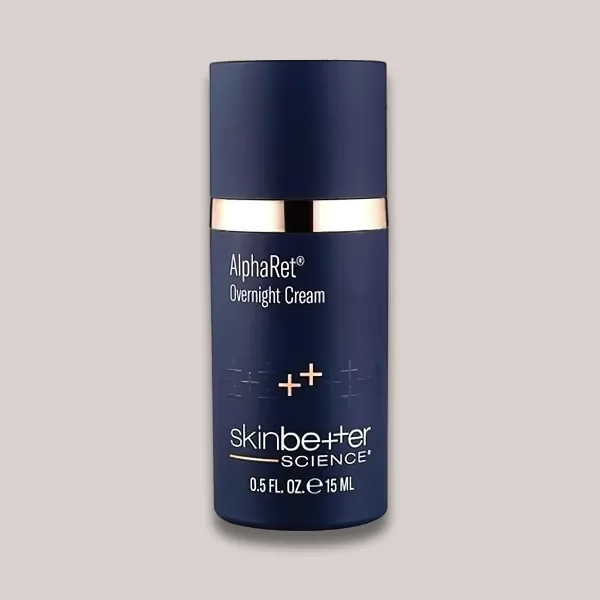
AlphaRet Overnight Cream, Travel Size (15 ml)
$72.00 -
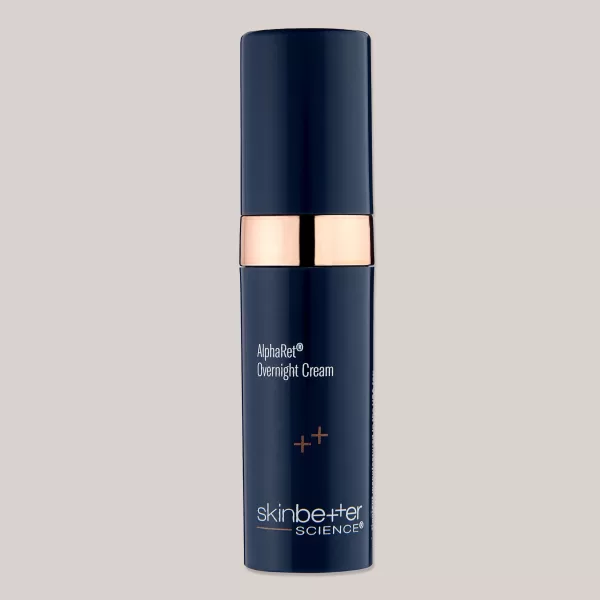
AlphaRet Overnight Cream, Trial Size (5 ml)
$26.00 -
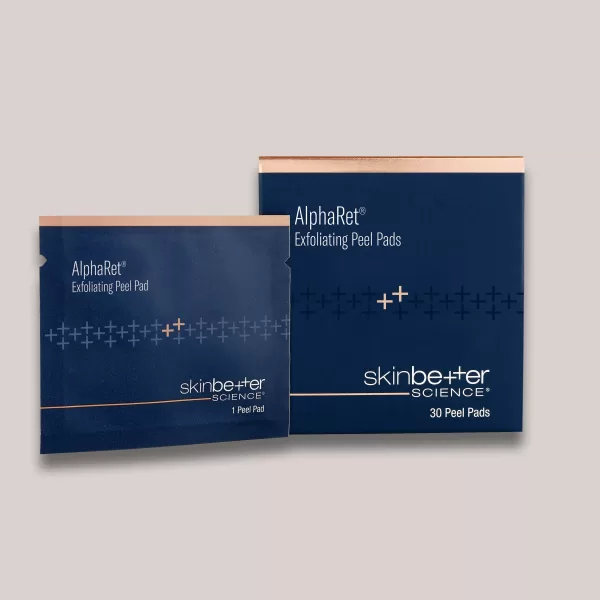
AlphaRet Exfoliating Peel Pads, 30 count
$125.00 -
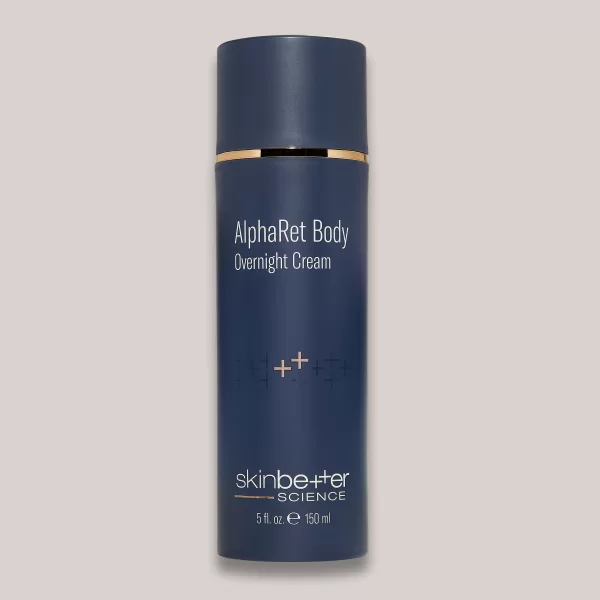
AlphaRet Body Overnight Cream, 5 fl oz
$120.00 -

EyeMax AlphaRet Overnight Cream, 15 ml
$130.00 -
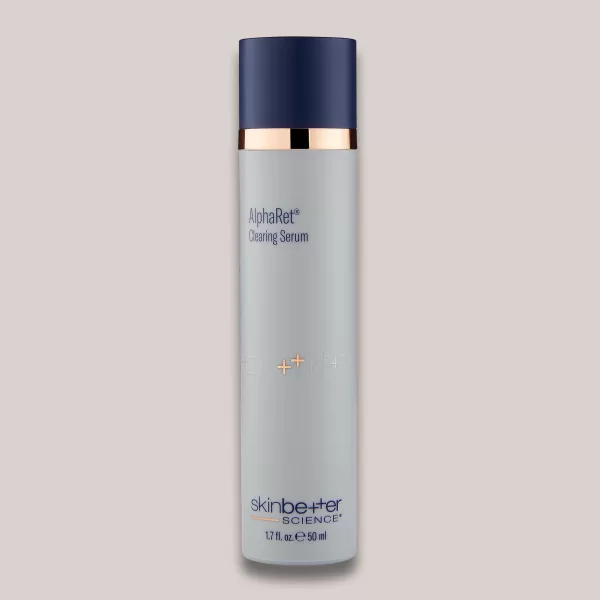
AlphaRet Clearing Serum, 50 ml
$200.00 -
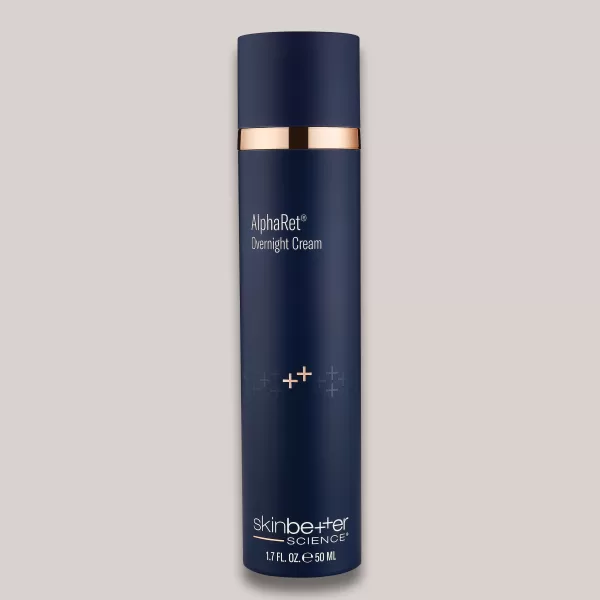
AlphaRet Overnight Cream, 50 ml
$205.00
